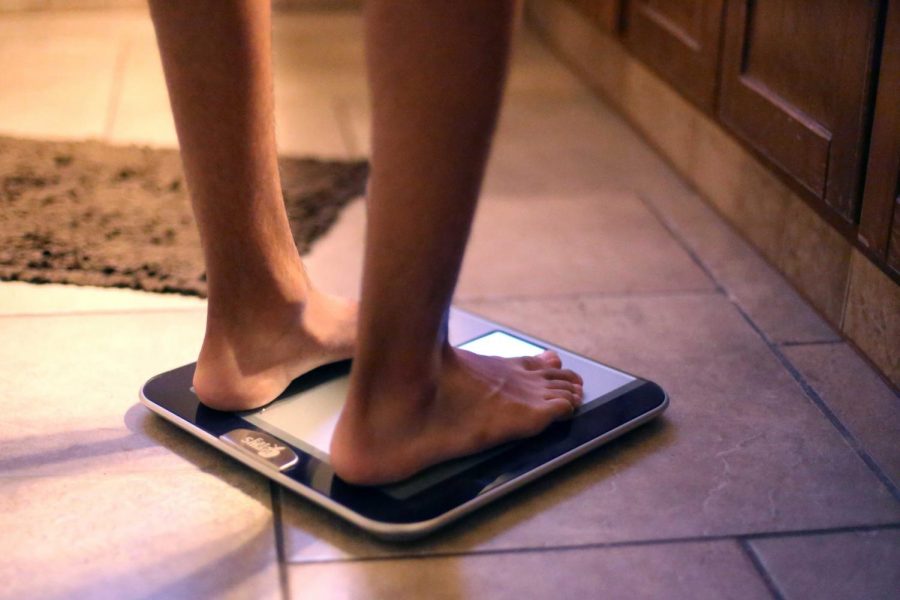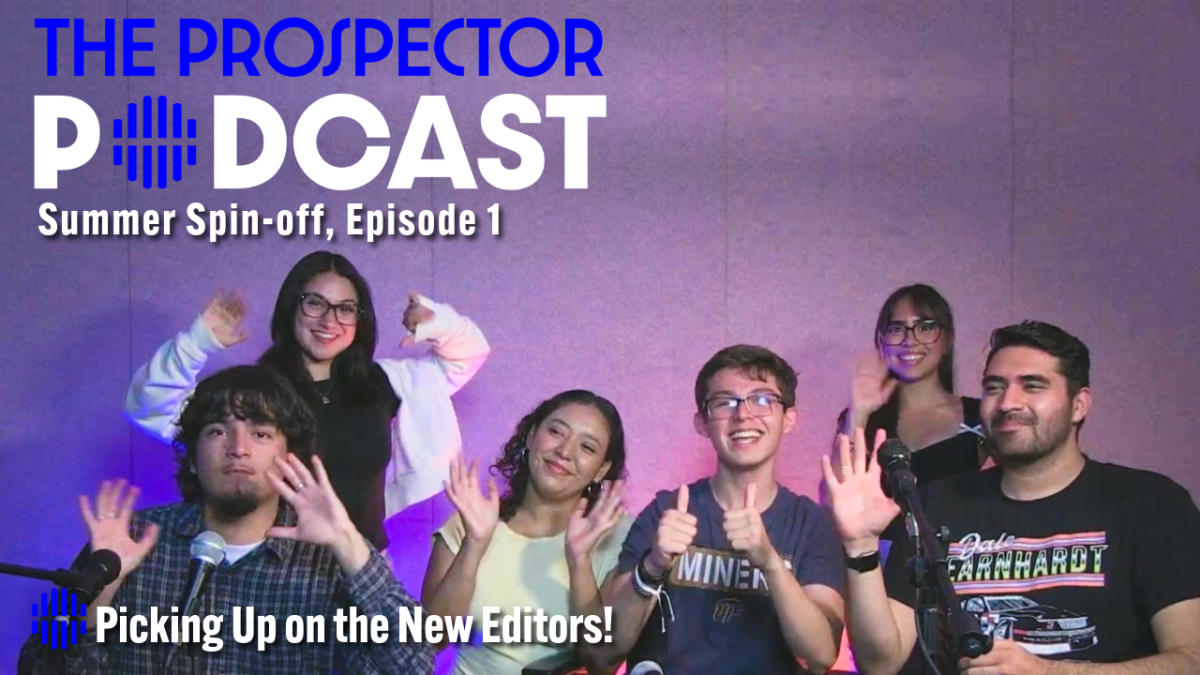Every hour a person with an eating disorder dies in the United States.
According to the National Eating Disorder Association (NEDA), more than 30 million people in the U.S. will suffer from an eating disorder throughout their life.
A UTEP student, who wished to remain anonymous and whom we will call Valeria, said that her eating disorder was taking over her life.
“I became obsessive. I looked like a pale face with two black holes for eyes. But I would get dizzy, my hair was falling out, my whole body would ache and my heart felt horrible,” she said.
Valeria said she started to hate her body and decided to cut out all sugars, carbohydrates and fats from her diet, resulting in her losing about 30 pounds.
“I distanced myself from everyone, fearing they would insist on going to get something to eat. I hated holidays like Thanksgiving, where there would be food everywhere. I would cry just thinking about it,” she said.
Valeria said that people’s comments about her body caused intense pain on her physical and mental health.
“It caused me to go days without eating, taking painkillers, stress relievers, even drugs and anything else to get my mind off eating,” Valeria said. “What people don’t know is anorexia is not a choice. It’s not a way for people to cry for attention or something to make fun of. It is a very serious mental illness, and in 50 to 80 percent of cases, it’s actually genetic–completely out of someone’s control.”
Despite having gone through such a difficult experience, Valeria said she had the courage to open up about her eating disorder to her parents and seek help from a therapist.
“In the dark, there’s always hope, and the only one stopping you from getting help is yourself,” Valeria said.
Valeria is among the many college students who suffer from at least one eating disorder.
NEDA reports that 10 to 20 percent of college women and 4 to 10 percent of college men may have some form of an eating disorder.
Eating Recovery Center is a national eating disorder recovery center, where patients can receive treatment for anorexia, bulimia and binge eating disorders, among other eating disorders. Currently, there are 24 locations distributed throughout seven states of the U.S.
Despite not being on that list, El Pasoans who are struggling with an eating disorder can still receive help from this recovery center.
A new nationwide virtual program offered by Eating Recovery Center aims to help people like Valeria, who are struggling with eating disorders, at any stage of the illness through the use of technology.
“The program is 10 hours and a half per week and it includes three hours of group therapy three times a week, and these sessions include meal support, followed by a nutrition group and that all occurs via video technology on the computer,” said Dr. Casey Tallent, national collegiate outreach director for the Eating Recovery Center. “In addition to that, they have an individual and family session with a therapist once a week, and they also meet with one of our registered dietitians every other week.”
Tallent said one of the most common eating disorders among college students is drunkorexia, the skipping of meals as a way to save calories for alcohol, and bulimia nervosa, which is characterized by a period of bingeing followed by purging.
She said the cost for the virtual program and the one-on-one program will vary for each patient, but she said the center will advise the patients about how to find a way to pay for this treatment.
“We work with individuals to look at their financial needs to determinate the rate, but 98 percent of our patients are utilizing their insurance,” Tallent said. “But the important thing is that you enroll in the treatment as earliest as possible because overcoming an eating disorder can take up to six years.”
If patients cannot find the way to pay for their treatment, the Eating Recovery Center Foundation can step in to pay for the remainder of the expenses.
This program will be beneficial for college students, who don’t have time to schedule a one-on-one appointment, according to Tallent. She said many people who have signed up for the virtual program feel more comfortable receiving treatment through a screen.
According to NEDA, fewer than 30 percent of people with an eating disorder seek any type of treatment because of stigma, misconceptions and lack of education. Tallent said she wants to see those barriers broken.
“Many people feel ashamed because of their size and that is why many of them don’t seek any kind of support or treatment,” Tallent said. “We wanted to provide them with a unique opportunity to receive the treatment that they need.”
Reflecting on college life, Tallent said it is a stressful time, where a simple moment of stress or depression can turn into an eating disorder. She said eating disorders are a way in which people cope with stressful situations.
“Important things like sleep, meal time and relaxation are often missing in student’s schedules,” Tallent said. “Make sure to prioritize time that will help you relax, while keeping you healthy at the same time, because it makes you a more productive person.”
For more information about this center visit eatingrecovery.com










Harold A. Maio • Oct 24, 2017 at 12:34 PM
—because of stigma ??
That is the victimizers’ word. I do not recommend it.
Ignorance, prejudice and discrimination are the visceral experiences.
Those words I recommend.